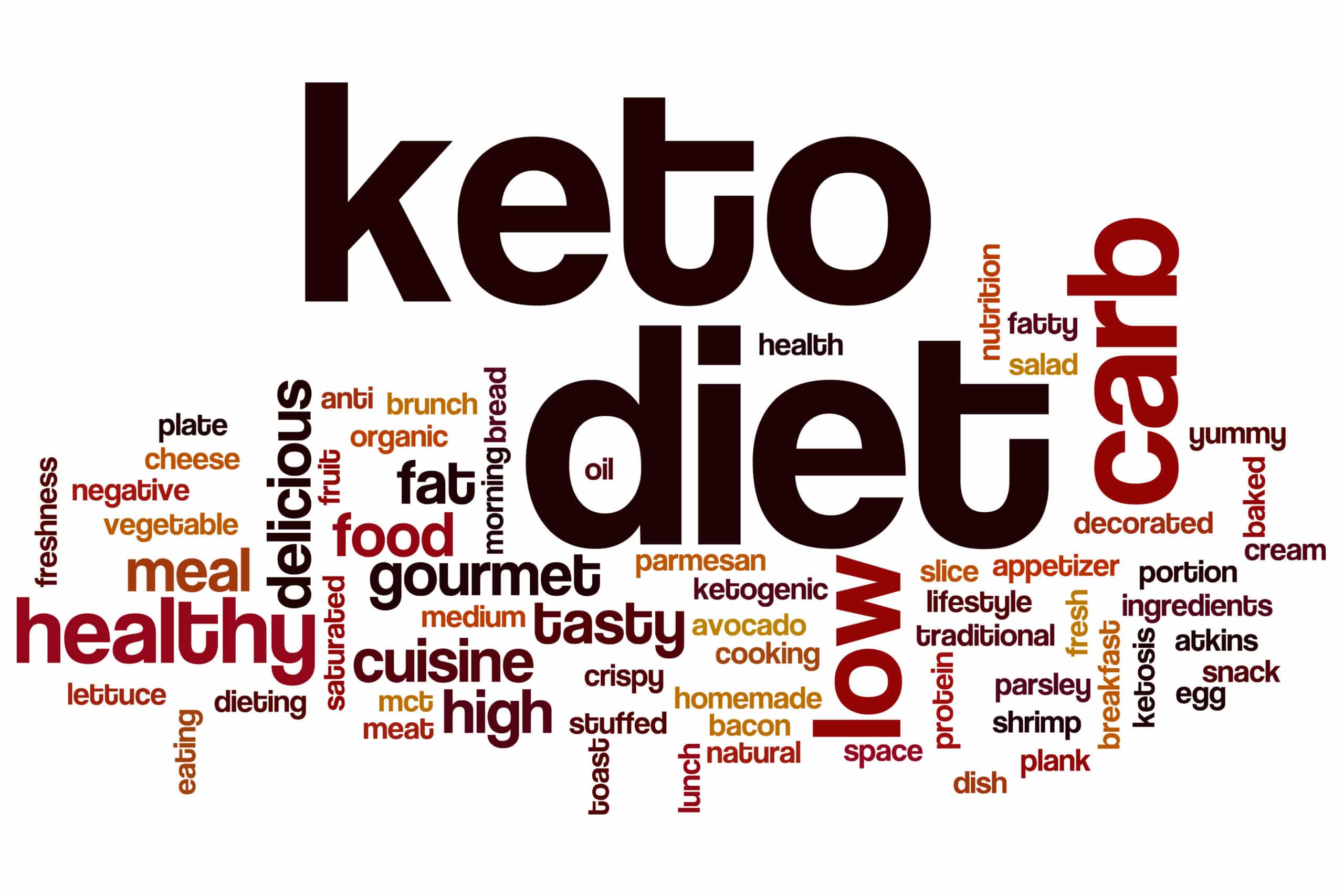What is the keto diet?
Rachel Kleinman, RDN, LDN, a clinical dietitian at Ingalls, said the keto diet is primarily used to manage seizures in children with epilepsy. Research on the diet’s effectiveness in treating obesity or diabetes is limited.
What is ketosis?
Ketosis is a metabolic adaptation to allow the body to survive in a period of famine. Your body will break down ketone bodies, a type of fuel the liver produces from fat, instead of sugar or glucose from carbohydrates.
To achieve ketosis, the diet requires you to eat 75 percent of your calories from fat, compared to 20-35 percent normally. It also requires 5 percent of calories from carbohydrates, about 20-50 grams per day, and 15 percent of calories from protein. Kleinman said it takes about 72 hours for ketosis to kick in. “It’s really an all or nothing diet,” Kleinman said.
People following the keto diet should be eating foods like fatty fish, eggs, dairy, meat, butter, oils, nuts, seeds, and low-carb vegetables. “Fat bombs” like unsweetened chocolate or coconut oil can help people reach their daily goals for fat intake. Keto-compliant foods like red meats and nuts can be costly, Kleinman said. Keto-branded products like keto coffee and other supplemental products are also both costly and unnecessary.
Is the keto diet healthy?
Wellness Dietitian Mary Condon, RN, LDN, said the keto diet may result in weight loss and lower blood sugars, but it’s a quick fix. “More often than not, it’s not sustainable. Oftentimes weight gain may come back, and you’ll gain more than what you lost,” Condon said.
Condon said you should always consult your primary care doctor before starting any new diet.
What are the dangers of the keto diet?
“If you are on diabetic medication that causes low blood sugar, those meds may need to be adjusted within a few days,” Condon said. “There are heart-healthy sources of fat, however, if that person is not educated on heart-healthy sources of fat, they may consume excessive amounts of saturated fats that can increase your risk of heart disease,” Condon said.
Is the keto diet safe?
The keto diet could cause low blood pressure, kidney stones, constipation, nutrient deficiencies, and an increased risk of heart disease. Strict diets like keto could also cause social isolation or disordered eating. Keto is not safe for those with any conditions involving their pancreas, liver, thyroid, or gallbladder.
Kleinman said someone new to the keto diet can also experience what’s called the “keto flu” with symptoms like upset stomach, dizziness, decreased energy, and mood swings caused by your body adapting to ketosis.
Is the keto diet bad for you?
Both Condon and Kleinman said they wouldn’t recommend the keto diet to their patients because it is ultimately not realistic or sustainable. The diet restricts fresh fruits and vegetables, whole grains, and low-fat dairy that can help with long-term weight loss and overall health.
“There’s not one diet that’s good for everyone,” Kleinman said. “Do your research, consult a dietitian, discuss with your doctor, and make sure you’re being safe.”




